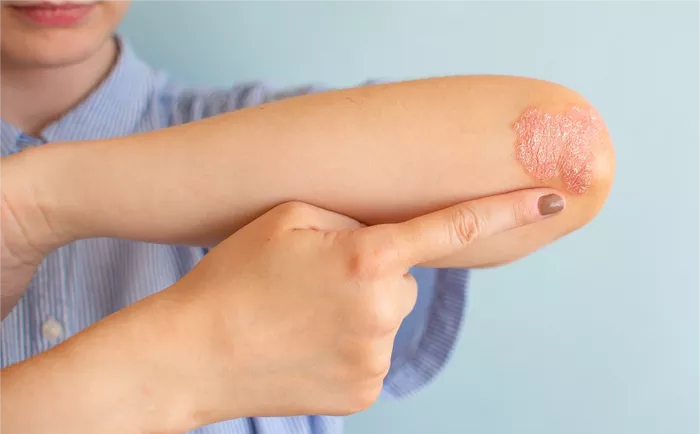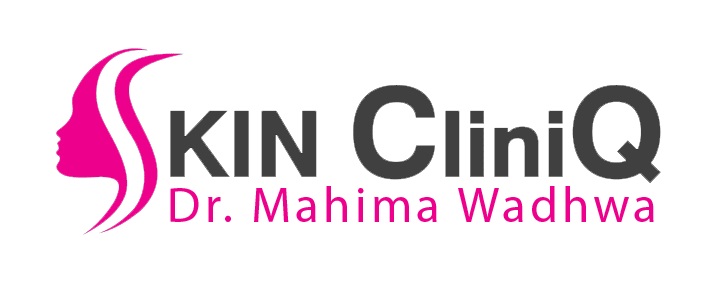Fungal Infections

Understanding Fungal Infections
Fungal infections are common skin conditions caused by various types of fungi, including yeasts and molds. These infections can affect different parts of the body, such as the skin, nails, and hair, and can cause symptoms like itching, redness, scaling, and discomfort. Common fungal infections include athlete's foot, ringworm, jock itch, and yeast infections.
Why Treat Fungal Infections?
- Relieve Symptoms: Alleviate itching, redness, and discomfort associated with fungal infections.
- Prevent Spread: Stop the infection from spreading to other parts of the body or to other people.
- Avoid Complications: Prevent secondary bacterial infections and other complications that can arise from untreated fungal infections.
- Improve Skin Health: Restore the health and appearance of the affected skin, nails, or hair.
Why Choose Mahima Wadhwa Skin CliniQ for Fungal Infection Treatment?
- Expertise: Dr. Mahima Wadhwa is a highly experienced dermatologist with specialized skills in diagnosing and treating various fungal infections.
- Advanced Diagnostics: Use of modern diagnostic tools and techniques to accurately identify the type of fungal infection.
- Comprehensive Care: Personalized treatment plans tailored to the specific type and severity of the infection.
- Effective Treatments: Use of the latest antifungal medications and therapies to ensure effective results.
- State-of-the-Art Facility: A modern clinic equipped with advanced tools and a comfortable environment.
Common Types of Fungal Infections
- Athlete’s Foot (Tinea Pedis): Affects the feet, causing itching, scaling, and redness.
- Ringworm (Tinea Corporis): Affects the body, presenting as ring-shaped, red, scaly patches.
- Jock Itch (Tinea Cruris): Affects the groin area, causing itching and red, ring-like patches.
- Yeast Infections (Candidiasis): Caused by Candida yeast, affecting areas like the mouth (oral thrush), genital area, and skin folds.
- Nail Fungus (Onychomycosis): Affects the nails, causing thickening, discoloration, and brittleness.
Fungal Infection Treatment Options
- Topical Antifungals: Creams, ointments, and sprays containing antifungal agents to apply directly to the affected area.
- Oral Antifungals: Prescription medications taken orally to treat more severe or widespread infections.
- Medicated Shampoos: For fungal infections of the scalp and hair.
- Laser Therapy: Advanced laser treatments to target and eliminate fungal infections, particularly for nail fungus.
- Lifestyle and Hygiene Recommendations: Guidance on maintaining good hygiene and lifestyle practices to prevent recurrence.
The Fungal Infection Treatment Process
- Consultation: A thorough consultation to assess symptoms, medical history, and perform necessary diagnostic tests.
- Diagnosis: Accurate identification of the type of fungal infection through physical examination and laboratory tests.
- Treatment Plan: Development of a customized treatment plan based on the diagnosis and individual needs.
- Treatment: Administration of the chosen treatment method, whether topical, oral, or procedural.
- Aftercare: Post-treatment care instructions to promote healing and prevent recurrence.
- Follow-Up: Regular follow-up appointments to monitor progress and make any necessary adjustments to the treatment plan.
What to Expect After Treatment
- Symptom Relief: Significant reduction in itching, redness, and discomfort.
- Improved Skin Health: Restoration of the normal appearance and health of the affected skin, nails, or hair.
- Prevention of Recurrence: Implementation of preventive measures to avoid future fungal infections.
- Enhanced Quality of Life: Improved comfort and confidence with clearer, healthier skin.
Aftercare Tips
- Maintain Hygiene: Keep the affected area clean and dry.
- Use Medications as Prescribed: Follow the prescribed course of antifungal medications without interruption.
- Avoid Sharing Personal Items: Do not share towels, shoes, or other personal items to prevent spread.
- Wear Breathable Clothing: Opt for loose, breathable clothing to reduce moisture build-up.
- Monitor for Recurrence: Stay vigilant for any signs of recurrence and seek prompt treatment if necessary.
At Mahima Wadhwa Skin CliniQ, we are dedicated to providing effective and personalized treatments for fungal infections. Contact us today to schedule a consultation and start your journey towards healthier skin.
